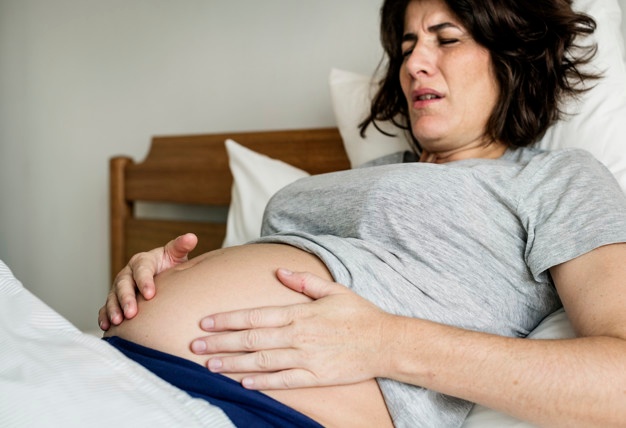Introduction:
Pregnancy is a transformative journey that brings about various changes in a woman’s body.
Understanding the anatomic and physiologic changes during pregnancy is essential for expectant mothers and healthcare providers alike.
In this article, we will explore the remarkable changes that occur in a woman’s body
throughout the stages of a normal pregnancy, shedding light on the anatomic and physiologic
adaptations that facilitate a healthy gestation.
So, let’s delve into the incredible journey of pregnancy and the changes that come along with it.
Hormonal Changes:
One of the first noticeable changes in pregnancy is the surge of hormones within the body.
Hormones such as estrogen and progesterone play crucial roles in supporting a healthy pregnancy.
Estrogen helps stimulate blood flow to the uterus and promotes the growth of the mammary glands in preparation for breastfeeding.
Progesterone supports the development of the placenta and helps maintain the uterine lining to support the growing fetus.
Cardiovascular System:
The cardiovascular system undergoes significant adaptations during pregnancy to meet the increasing demands of the growing fetus.
Blood volume increases by about 40-50% to supply oxygen and nutrients to the developing baby.
The heart rate also increases, while blood pressure tends to decrease slightly.
These changes support the increased cardiac output required for the pregnancy.
Respiratory System:
The respiratory system adjusts to accommodate the changing needs of pregnancy.
As the uterus expands, it elevates the diaphragm, leading to a sensation of shortness of breath.
This is a normal occurrence as the body adapts to the growing baby. Additionally, hormonal changes increase the oxygen consumption,necessitating an increase in respiratory rate.
Gastrointestinal System:
The gastrointestinal system experiences several changes during pregnancy, mainly due to hormonal influences and the physical pressure exerted by the growing uterus.
Hormones can cause relaxation of the esophageal sphincter, leading to acid reflux and heartburn.
Additionally, the increased levels of progesterone can slow down the movement of food through the digestive tract, resulting in constipation.
Urinary System:
The urinary system undergoes notable changes during pregnancy.
Hormonal changes increase blood flow to the kidneys, leading to an increase in urine production.
The growing uterus also puts pressure on the bladder, resulting in more frequent urination.
Hormones also relax the muscles of the urinary tract, which may contribute to urinary incontinence in some women.
Musculoskeletal System:
The musculoskeletal system goes through significant changes to accommodate the growing fetus and prepare for childbirth.
Hormones, particularly relaxin, loosen the ligaments and joints, allowing for increased flexibility.
This can lead to changes in posture, gait, and even increased susceptibility to musculoskeletal injuries.
Additionally, the growing uterus shifts the woman’s center of gravity, putting strain on the back and pelvis.
Conclusion:
Pregnancy is a miraculous journey that brings about remarkable anatomic and physiologic changes within a woman’s body.
Hormonal fluctuations, cardiovascular adjustments, respiratory adaptations, gastrointestinal
modifications, urinary transformations, and musculoskeletal shifts all contribute to the
incredible process of nurturing and delivering a healthy baby.
Understanding these changes empowers expectant mothers and healthcare providers to
provide the necessary care and support during this transformative time.
By embracing these changes, women can navigate the challenges of pregnancy with confidence and joy.
Remember, every pregnancy is unique, and if you have any concerns about the anatomic
and physiologic changes during your pregnancy, it is important to consult with your
healthcare provider for personalized guidance and support.











